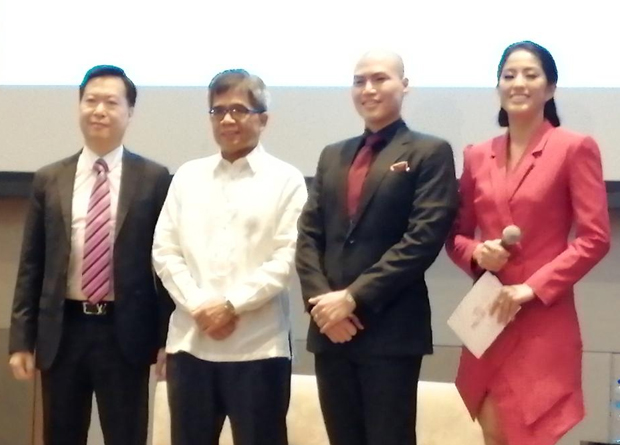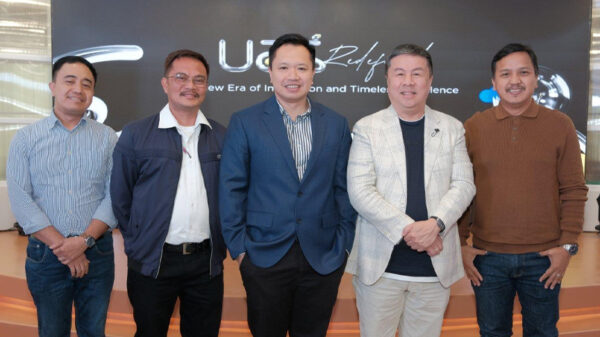Pru Life UK, a British life insurer, is looking to leverage mobile digital technologies such as Artificial Intelligence (AI)-powered applications to make health-related services accessible and affordable in the Philippines.
This was based on the study entitled “Mobile Digital Health in the Philippines” that was commissioned by Pru Life UK and prepared by advisory firm Quisumbing Torres which recommends the need for government agencies to consider regulatory changes in the health sector by using mobile health (mHealth) technologies in the country.
The white paper examines the readiness of the country’s regulatory framework to support mHealth, and proposes solutions on how to integrate mHealth as part of the current reforms in healthcare in the Philippines.
According to Andrew Wong, Chief Health Officer at Prudential Corporation Asia, healthcare in the Philippines is a significant concern because of the high cost of healthcare, increasing aging population that will be afflicted with more illnesses as they get older, the rise of underinsured middle class, increase in lifestyle diseases due to a sedentary lifestyle, and prevalence of chronic conditions. To address these, Wong said they see an opportunity for the country to leverage mHealth technologies to make health accessible and affordable.
For his part, Antonio “Jumbing” de Rosas, president and CEO at Pru Life UK, said that with technology plus prevention and cure, it gives them a mechanism for the poor, for everybody to be more aware of their health, more aware of lifestyle and more aware of what they should do when they get sick. He notes that mobile health technology can help them make solutions, and at the same time makes the Philippines healthier.
Mobile health applications are currently widely adopted in the United States and have begun its usage in Southeast Asia where patients seeking medical assistance can access services such as booking online consultations with professionals, receiving electronic prescriptions and more.
However, the white paper revealed that the entry of mHealth in the country is still hampered with challenges that include the lack of clarity on the categorization of certain aspects of mHealth that may be subject to nationality restrictions; regulations on the practice of profession, value-added services, medical devices, and online sale of medicines; consumer protection, intellectual property; and data privacy issues.
The study also cites recommendations which include the following:
- Formulate rules and regulations that will set concrete and practical tests to determine whether the operator or provider of mHealth platforms or applications is doing business in the Philippines;
- Clarify foreign equity restrictions to ensure that mHealth operators would not be deemed as engaging in mass media, advertising, or providing value-added services;
- Introduce clear guidelines that will allow mobile consultation with medical professionals and online dispensing and selling of medicines;
- Issue a unified and harmonized set of regulations providing for the guidelines for digital health in general and mHealth platforms and applications in particular;
- Issue specific privacy guidelines covering the organizational, physical, system, and technical aspects of mHealth applications to reduce their risk of unauthorized use, processing, or access of personal data.
- Offer tax and other incentives for mHealth operators to introduce the innovations in the Philippines; and
- Integrate the data gathered and processed by mHealth applications into the health information system mandated under the Universal Health Care Act.










































































































